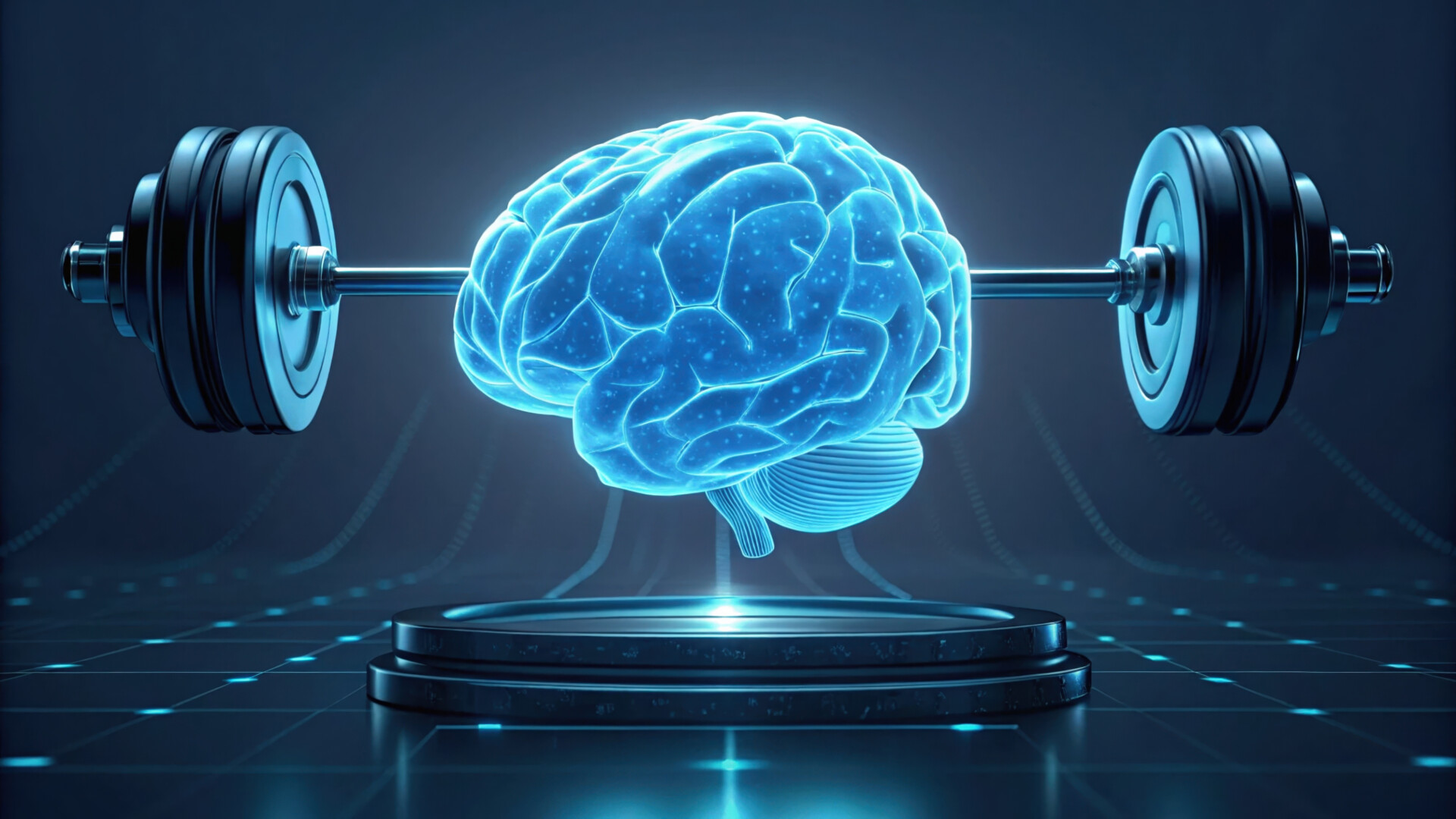When people think of strength training, they often picture bulging biceps, toned abs, or improved physical fitness. But science is uncovering something even more exciting: strength training not only builds muscle but also strengthens your brain.
Recent research shows that muscle strength is more closely linked to cognitive health than muscle size, meaning that resistance training could be one of the most powerful tools for protecting your mind. From boosting memory to slowing age-related decline, lifting weights may do more than you ever imagined for your mental well-being.
Strength Training Enhances Cognitive Function
Strength training has been shown to improve essential cognitive functions, including memory, attention, and processing speed. These benefits aren’t limited to fitness buffs. Even beginners and older adults with mild cognitive impairment can experience mental gains.
One study found that older adults who engaged in regular resistance training performed better on memory tests and had slower rates of cognitive decline. That means hitting the weights could help keep your brain sharp for longer, potentially delaying the onset of conditions like Alzheimer’s or dementia.
It Promotes Long-Term Brain Health
Resistance training promotes neuroplasticity, the brain’s ability to grow and reorganize neural pathways. This adaptability helps your brain stay resilient, improving its ability to learn new things and recover from stress or injury.
Strength training also increases blood flow to the brain, delivering more oxygen and nutrients to support healthy brain function. This improved circulation contributes to better focus, faster thinking, and reduced brain fog. These are meaningful benefits that can be felt across all stages of life.
The Biological Benefits Behind the Brain Boost
Higher BDNF Levels
Strength training boosts levels of Brain-Derived Neurotrophic Factor (BDNF), a protein that supports learning, memory, and brain cell growth. Often referred to as “fertilizer for the brain,” BDNF plays a critical role in maintaining mental health.
Improved Neural Efficiency
As you get stronger, your brain becomes better at communicating with your muscles. This neural adaptation improves coordination, reaction time, and even mental processing. It’s part of the reason strength training feels smoother and more controlled over time.
Lower Inflammation
Chronic inflammation is associated with numerous neurological diseases and mood disorders. Strength training helps reduce systemic inflammation, creating a healthier internal environment for your brain to function at its best.
Strength Over Size: Why Function Matters More
Here’s the surprising part: it’s not muscle mass that matters most, but strength. Research suggests that the ability to generate force (i.e., how much weight you can lift) is more closely tied to cognitive performance than how large your muscles are.
This is encouraging for anyone who doesn’t want to “bulk up” but still wants the benefits of resistance training. Functional strength built through simple, consistent workouts can provide meaningful protection for your brain without the need for dramatic physical changes.
How to Start for Brain and Body Benefits
The CDC recommends strength training at least two days per week, targeting all major muscle groups. You don’t need a gym membership or complicated equipment. Bodyweight exercises like push-ups, squats, and planks, along with resistance bands or dumbbells, are more than enough.
Focus on compound movements that engage multiple muscles at once and keep the intensity challenging but manageable. The goal isn’t to compete but to build strength consistently and safely over time.
Final Thought
While cardio often gets the credit for improving mental health, strength training deserves a place right alongside it. Whether you’re lifting weights, doing resistance band workouts, or just getting started with bodyweight movements, each session supports not only your physical strength but your cognitive resilience. At Leo’s Fitness Labs, we offer a comprehensive fitness plan utilizing state-of-the-art ARX equipment that will allow you to safely and quickly gain strength and cognitive health under the supervision of an expert personal trainer.
So next time you train your body, remember that you’re also training your brain.



